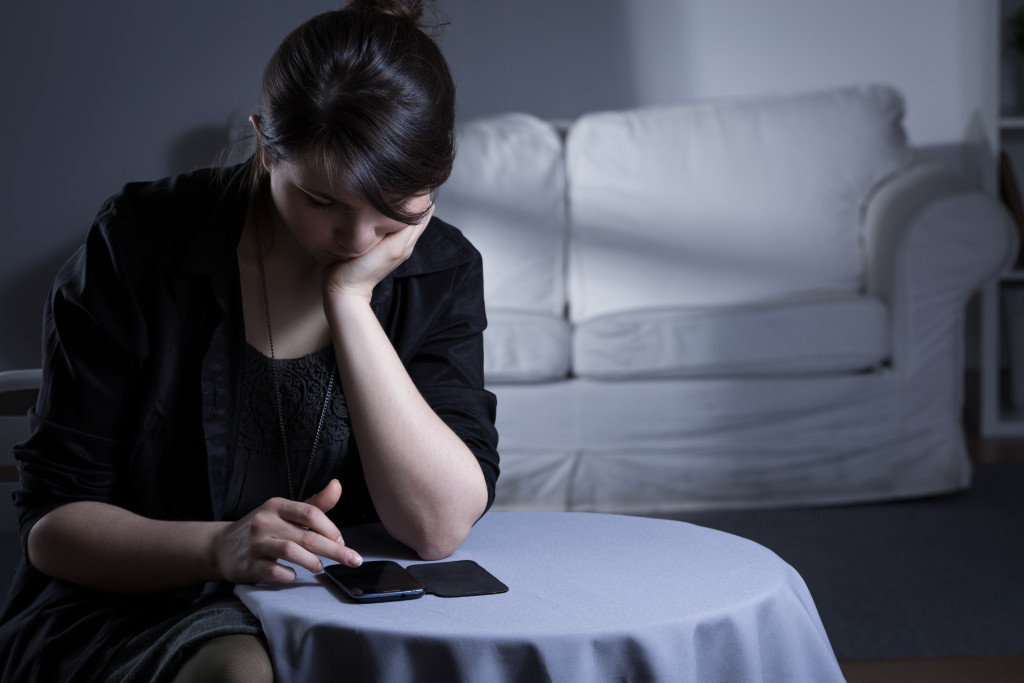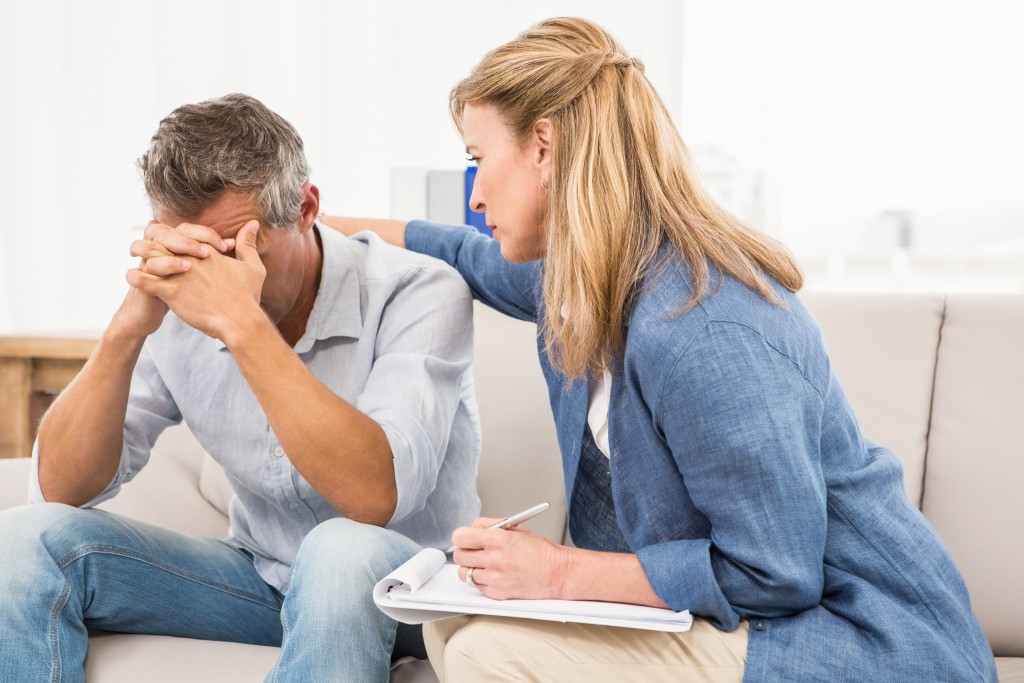2020 has been rough. The COVID-19 pandemic and the recession that followed has been incredibly hard on the world. Some people have lost loved ones and main sources of income. The world lost trailblazers and other important figures in government, entertainment, and sports. We have seen climate change ravish the world in ways it never has before. It feels like an unrelenting, never-ending maze that won’t end even when the year ends.
Even before the pandemic, the statistic was one in four adults would suffer a mental health episode during their lifetime. It’s no surprise that mental health services are considered an essential part of responses to COVID-19. The deadly disease, the economic instability, and the loneliness that isolation can bring can trigger a person’s anxiety and depression. Now more than ever, we need to be aware of our responses and triggers, so we can know how to fully care for ourselves and others.
First, let us preface this by saying that no first aid or self-care tip can take the place of professional help. If you feel that your symptoms are getting worse by the day or that it’s interfering with your work, relationships, and other facets of your life, don’t hesitate to seek professional help. Reach out to your healthcare provider or local healthcare office to ask for an online psych consultation and evaluation. Many psychiatrists and mental health professionals now offer their services online. Make an appointment to have your overall health checked as your physical health and mental health are intrinsically linked.
Here are some telltale signs of a worsening mental health condition and some steps you can take to combat them.
Symptom: Irregular sleeping patterns.
If you’ve always had healthy sleeping habits (7-8 hours per night) and find yourself suddenly contending with being unable to sleep or sleeping long hours during the day, it might be a sign that you’re mental health is taking a dip. If your loss of sleep is accompanied by unrelenting anxious thoughts, difficulty breathing, and an increased heart rate, it might be a sign of anxiety.
Combat it by:
- Meditating and doing some breathing exercises. Take time out of your day to steady your breathing. Do it for at least five minutes per day.
- Not using your devices an hour before going to bed. Do some light reading instead.
- Engaging in aromatherapy. Light up a scented candle or an oil diffuser. Choose relaxing scents like lavender and chamomile.
Symptom: Disengagement, detachment, and numbness.

If you find yourself losing interest in activities or hobbies you used to enjoy, or you feel disconnected from reality, or you feel detached from your loved ones, or a combination of all three, you might be on the verge of a depression.
Combat it by:
- Doing some grounding exercises. When you find yourself dissociating—or feeling disconnected from your thoughts, memories, sense of identity, and the present—do some grounding exercises that can help pull you back to reality. An example of a grounding exercise is naming five things you can see, hear, and smell.
- Opening up to the people in your life. Isolation will do you no good. Find a person you trust and open up about how you’re feeling. Even the simple act of naming your feelings can be freeing.
Symptom: Loss of function.
Depression can also be marked by a loss of function. If you’re having a hard time functioning at work or being present for your social responsibilities because of the onslaught of negative thoughts, or if you’re constantly tired even with minimal physical activity, it might be a sign that your mental health is regressing.
Combat it by:
- Exercising. Studies show that exercise can help ease the symptoms of both depression and anxiety. If you find yourself tempted to lay in bed all day, go for a brisk walk or a run outside. Take your dog for a walk or go for a change of scenery.
- Strengthening your memory. Depression impairs memory and our ability to focus on tasks. Choose hobbies that will help strengthen your memory function, like taking a piano class or learning a new language.
- Dedicating one day to self-care. Take a long bath, watch your favorite movies, eat all your favorite foods, spend time with your loved ones. Self-care can go a long way in easing your symptoms.
Seek Professional Help
At the end of the day, mental health disorders like clinical depression, post-traumatic stress disorder, and clinical anxiety are real diseases, much like diabetes and cancer. They’re diseases that can be managed and even defeated through a solid treatment plan, but they can only be treated if they are diagnosed. Don’t hesitate to reach out to your primary healthcare provider and ask for a consultation.
